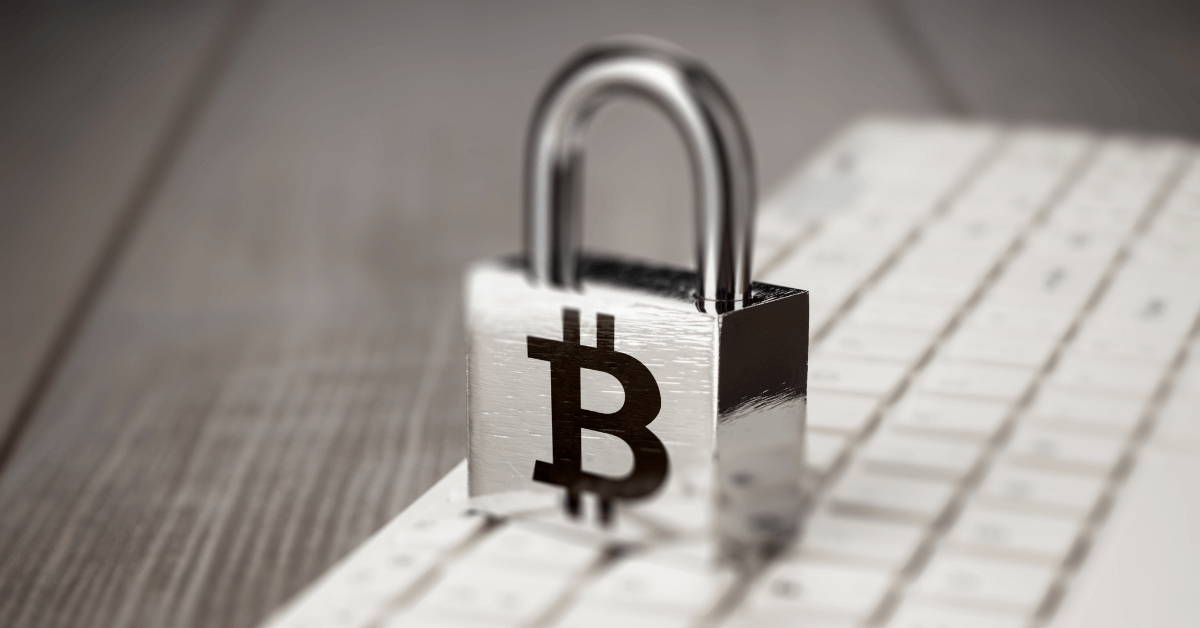The Importance of Blockchain Security Tools
Learn why blockchain security tools are crucial for protecting digital assets. Explore their role in ensuring data integrity, privacy and preventing cyber threats.
In the rapidly evolving world of blockchain technology, security is not just a feature—it's a necessity. As blockchain extends its reach beyond cryptocurrencies into various industries, the need for robust security measures becomes paramount.
With networks like Ethereum, Solana, and Avalanche leading the way in decentralized applications (dApps), ensuring the security of smart contracts through auditing is crucial.
Understanding Blockchain Security
Blockchain technology, with its decentralized ledger system, offers transparency and immutability. However, these advantages also attract malicious actors, making security a critical concern.
In sectors like finance, healthcare, and supply chain, blockchain's role in mitigating fraud and ensuring data integrity underscores the importance of robust security measures. A security breach in these systems can lead to significant financial losses, privacy violations, and reputational damage.
The Role of Blockchain Security Tools
Blockchain security tools are essential for identifying and mitigating vulnerabilities within decentralized networks. These tools provide:
-
Vulnerability Assessment: Identifying security flaws in blockchain infrastructure, including nodes and smart contracts.
-
Penetration Testing: Simulating cyberattacks to assess the resilience of blockchain systems.
-
Smart Contract Auditing: Reviewing and testing smart contract code to detect and prevent potential exploits.
Why Smart Contract Auditing is Crucial
Smart contracts, the self-executing agreements coded directly into blockchain networks, are vital to many dApps. However, they are prime targets for cyberattacks. Auditing these contracts is essential to prevent exploits and ensure they are secure, especially on platforms like:
-
Ethereum: With its vast array of dApps, Ethereum requires rigorous audits to identify vulnerabilities and prevent significant financial losses.
-
Solana: Known for its high throughput, Solana's unique architecture necessitates specialized security checks to ensure robust smart contract deployment.
-
Avalanche: Its scalable platform and interoperability demand thorough auditing to mitigate risks in cross-chain interactions and high-speed transactions.
Key Blockchain Security Tools
-
QuillShield: An AI agent that scans smart contracts to identify vulnerabilities, enhancing the security review process with advanced automation.
-
MythX: Comprehensive security analysis for Ethereum smart contracts, detecting issues like reentrancy attacks and integer overflows.
-
Chainkit: Monitors blockchain networks in real-time, detecting anomalies that could indicate potential security threats.
-
Blockscan: Analyzes blockchain network traffic to identify threats and vulnerabilities in real time.
-
Oyente: Focuses on analyzing Ethereum smart contracts, and identifying common security issues before deployment.
Final Thoughts
As blockchain technology continues to integrate into various industries, the need for robust security measures becomes even more critical.
Security tools like QuillShield, MythX, Chainkit, Blockscan, and Oyente are indispensable in protecting the integrity of blockchain networks, particularly Ethereum, Solana, and Avalanche.
Regular auditing and vigilant monitoring are essential to prevent exploits, maintain trust, and ensure the secure growth of blockchain technologies.

Subscribe & get all related Blog notification.





Post your comment